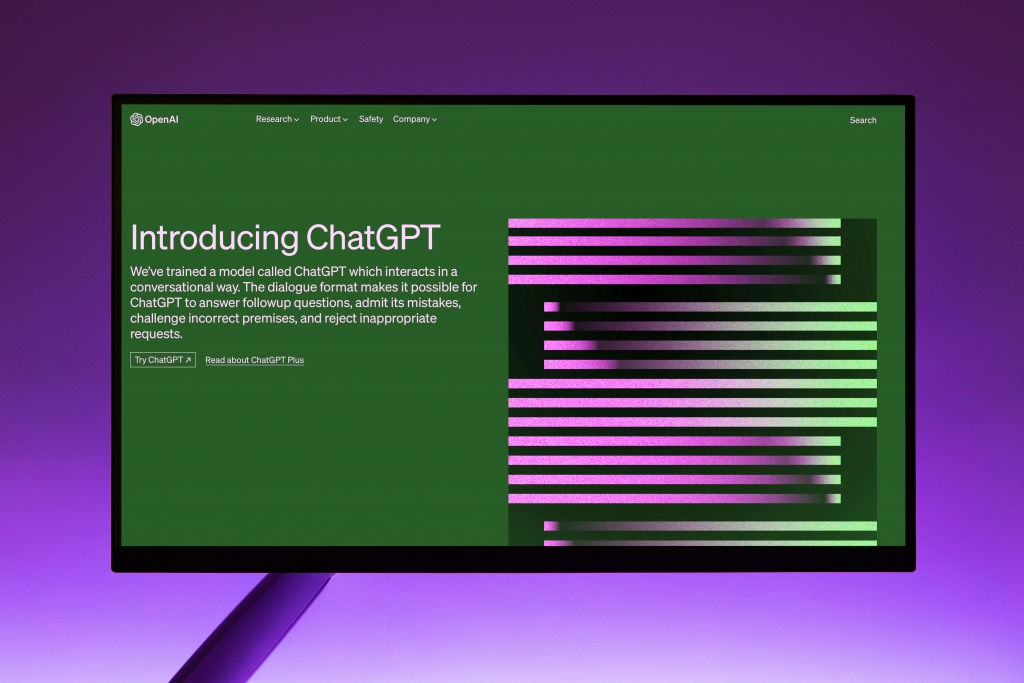Transforming OKRs management through AI: unlocking efficiency and results
Artificial Intelligence has revolutionized various industries, and its potential impact on organizational goal-setting and performance management is immense. By harnessing the power of AI, companies can streamline the process of creating and updating Objectives and Key Results (OKRs) with remarkable efficiency and accuracy. In this blog post, we will explore the advantages of utilizing AI to generate excellent OKRs and facilitate seamless updates. Additionally, we will discuss how integrating AI capabilities, can further enhance the OKR experience.
The Rapid Rise of Artificial Intelligence: Key Statistics
Artificial Intelligence (AI) is experiencing unprecedented adoption across industries, transforming operations and decision-making. Here are key statistics highlighting the remarkable growth and impact of AI.
- Global AI Market: The AI market is projected to reach $190.61 billion by 2025, growing from $10.1 billion in 2018 (Statista).
- AI in Business: AI implementation by enterprises has surged by 270% in the past four years (Gartner). Currently, 37% of organizations have integrated AI into their operations.
- AI in Customer Service: By 2022, 80% of businesses plan to utilize chatbots and virtual assistants to enhance customer service (Oracle).
- AI Job Market: AI specialist roles have witnessed a 74% annual growth rate in the last four years (LinkedIn), showcasing increasing demand for AI expertise.
- AI in Healthcare: AI has the potential to generate $150 billion in annual savings for the U.S. healthcare industry by 2026 (Accenture), driving advancements in patient care and research.
Advantages of AI in Creating Excellent OKRs:
The use of AI in crafting OKRs brings several notable benefits. Firstly, AI algorithms can analyze vast amounts of data and identify patterns, enabling organizations to make data-driven decisions when formulating their objectives. This capability helps align OKRs with the company’s strategic goals and improves their overall relevance and impact.
Secondly, AI-powered systems can provide valuable recommendations and suggestions for setting OKRs. By considering historical data, market trends, and the organization’s performance metrics, AI algorithms can offer insights into realistic and achievable goals. This guidance empowers employees to set challenging yet attainable OKRs, driving motivation and fostering a culture of continuous improvement.
Updating OKRs with AI Assistance:
Regular updates to OKRs are crucial to ensure alignment and adaptability. AI technology plays a significant role in facilitating this process. By utilizing AI capabilities, organizations can automate data collection, analysis, and progress tracking, minimizing manual effort and saving valuable time.
AI algorithms can monitor relevant key performance indicators (KPIs) and provide real-time insights on OKR progress. This enables employees and managers to make data-informed decisions, identify bottlenecks, and take corrective actions promptly. Furthermore, AI-powered systems can automatically generate progress reports, ensuring transparency and accountability across the organization.
Integrating AI Capabilities for Enhanced OKR Management:
There are ways to leverage AI to improve the OKR experience. Although not specific to Axy OKR, companies can explore AI-powered tools and platforms that provide intelligent goal recommendations and advanced analytics for tracking OKR progress. By incorporating these AI-driven solutions alongside Axy OKR, organizations can take advantage of AI’s capabilities to enhance the creation, tracking, and analysis of their OKRs.

Risks to Consider When Using AI and OKRs:
While the integration of AI in OKR management offers numerous advantages, it’s important to be mindful of potential risks. One risk involves overreliance on AI recommendations without critical thinking and human judgment. While AI algorithms can provide valuable insights, they should be used as a tool rather than a substitute for strategic decision-making. It’s essential for organizations to maintain a balance between leveraging AI capabilities and incorporating human expertise to ensure the best outcomes.
Another risk is the potential for bias in AI algorithms. AI systems are trained on historical data, and if that data contains biases, the algorithms may perpetuate or amplify those biases when generating OKR recommendations. Organizations must be vigilant in monitoring and addressing any bias in AI algorithms to ensure fair and equitable goal-setting processes.
In conclusion, Artificial Intelligence offers significant advantages when it comes to creating and updating OKRs within organizations. By leveraging AI technology, companies can generate excellent OKRs based on data-driven insights, and facilitate seamless updates through automation and real-time monitoring. Embracing the potential of AI in OKR management enables organizations to foster a culture of continuous improvement, drive performance, and achieve strategic objectives with greater efficiency.
If you are looking for a robust OKR tool seamlessly integrated with Salesforce contact us today and learn more about Axy OKR. In more than five years we created a comprehensive OKR solution designed to empower organizations in setting and achieving their objectives. With Axy OKR, you can streamline your OKR process, facilitate collaboration, and enhance performance tracking, all within the familiar Salesforce ecosystem. Reach out to our team now and embark on a journey towards aligning your organization’s goals for success. Contact us at sales@axy7.com



